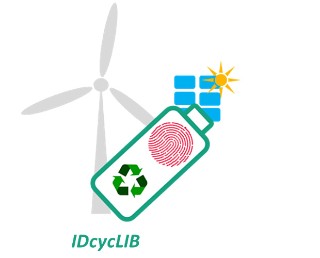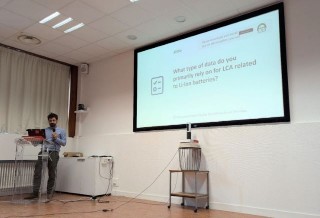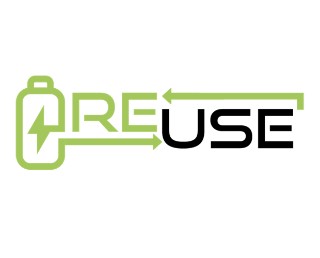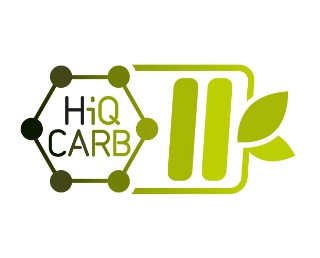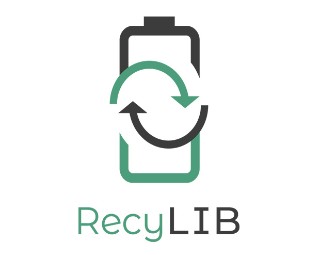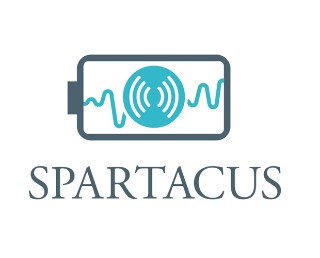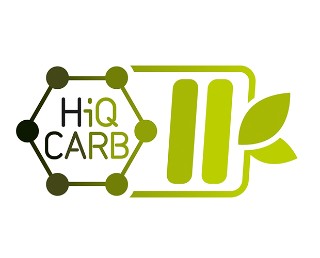
Sustainable and high-quality conductive additives for lithium-ion batteries are one of the keys to e-mobility in Europe. In view of the increasing demand for rechargeable batteries due to the transition to electric vehicles and renewable energies, the development of innovative and environmentally friendly materials is of central importance. The HiQ-CARB joint project, funded by the European Union/EIT RawMaterials, has taken a major step forward in this key technology for reducing CO2 emissions over the last four years.
more info
